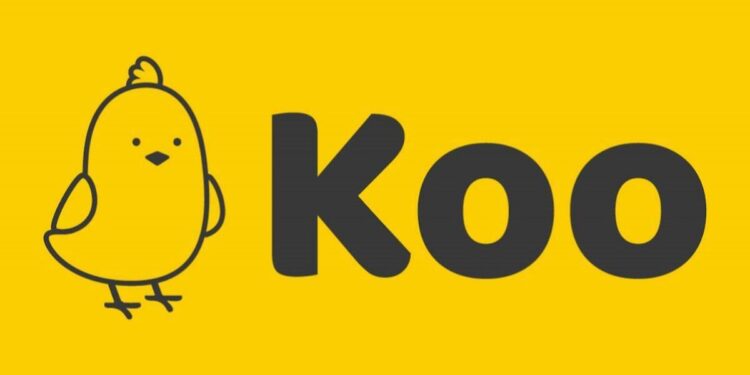The shutting down of the home-grown micro-blogging platform, Koo, offers valuable lessons to budding entrepreneurs on how not to position their products. While its founders may say that they sank because talks for a partnership with multiple large companies failed, the reality is that nobody bets on a losing horse. For a horse to be a winner, its positioning is the most important. Marketing and branding gurus Al Ries and Jack Trout, in their masterly 1993-work, The 22 Immutable Laws of Marketing, had demonstrated how me-too products never work. The first principle is that it works better to get into the mind first than to try to convince someone that you have a better product than the one that got there first. The second is equally important — if you can’t be first in a category, set up a new category you can be first in. Everyone is interested in what’s new. Few people are interested in what’s better.
Simply put, in a competitive market, me-too products don’t work, and Koo was exactly that — a desi version of Twitter (now X). Koo was launched in 2019 but only became a known product around March-April 2021. The reason wasn’t that the product appealed to users by way of any innovative feature. It was simply because Twitter at that point of time was playing hard in complying with the new intermediary guidelines notified by the government. Several ministers talked about national sovereignty and jumped on to Koo, signalling that they will boycott a foreign product if it did not follow national laws. As it happens in such cases, the regulatory battle with Twitter soon petered out. Still Koo was doing well for a year and was able to notch up some 30 million users. It may have gained more had the government’s regulatory battle with Twitter continued at frequent intervals over blocking of accounts or removing content not seen as politically correct. But with Elon Musk taking over Twitter, such frictions disappeared.
The other lesson in the shutting down of Koo is that muscular nationalism may work for a few political leaders, but not for consumer products. With only central ministers and government departments joining it, and opposition parties by and large being conspicuous by their absence, the perception gained that it’s some sort of sarkari social media. Even prominent India Inc personalities never became a part of the platform. The founders should have known that in the past, home-grown platforms similar to WhatsApp faded away because they were not able to become a generic product. Globally also, Meta launched Threads, something on the lines of Twitter which has failed to get much of a traction. However, where it has been the first — Facebook and Instagram — it continues to be a leader with no challengers nearby. If the name of the product becomes generic, it will be able to maintain its leadership. Just as Xerox became a substitute for photocopying, Twitter is to the world of micro-blogging.
Therefore, if Indian start-ups want to be winners, they need to be the first in the mind of consumers. For, the mind can’t be changed once it’s made up. They should know that marketing is not a battle of products, rather it’s a battle of perception. And for this to happen, innovation is key. Of course, the funding environment and support and mentoring by the bigwigs of India Inc will be required.
Anvitii Rai, Editorial Correspondent, The Financial Express
Views are personal


















